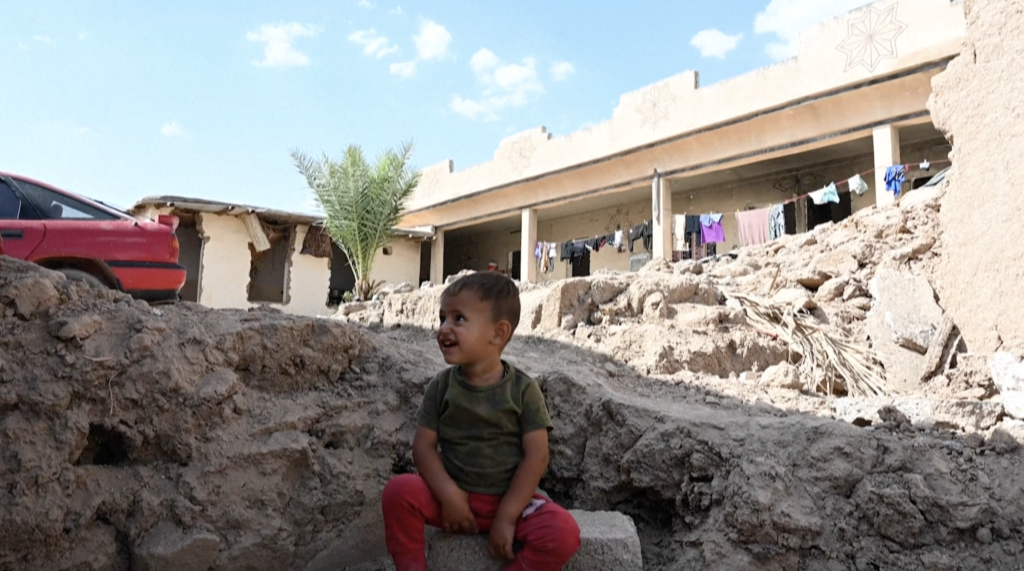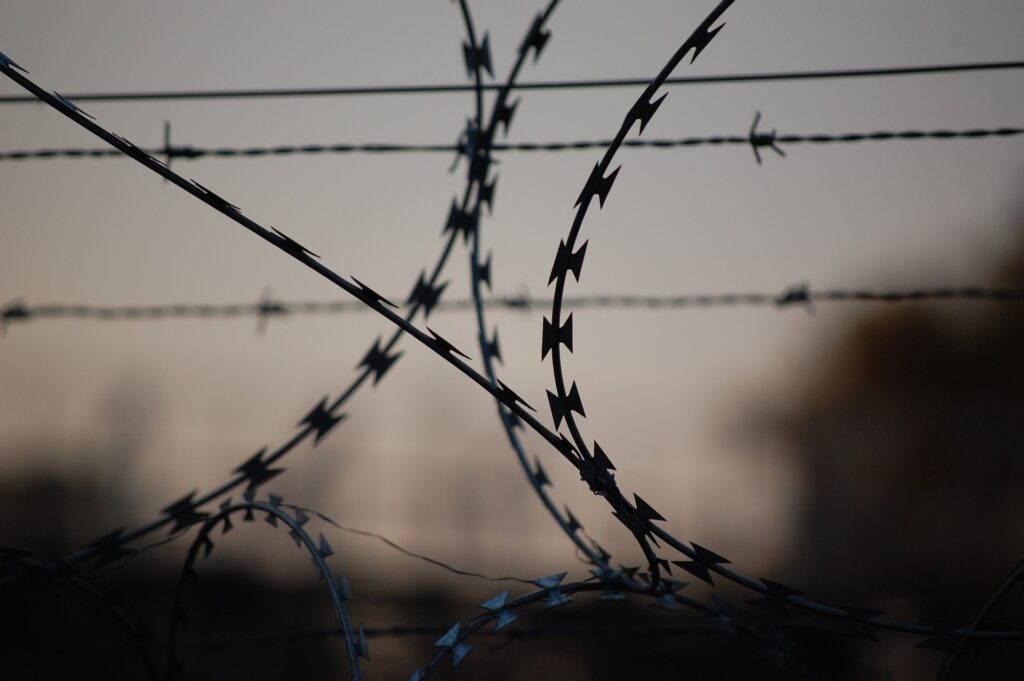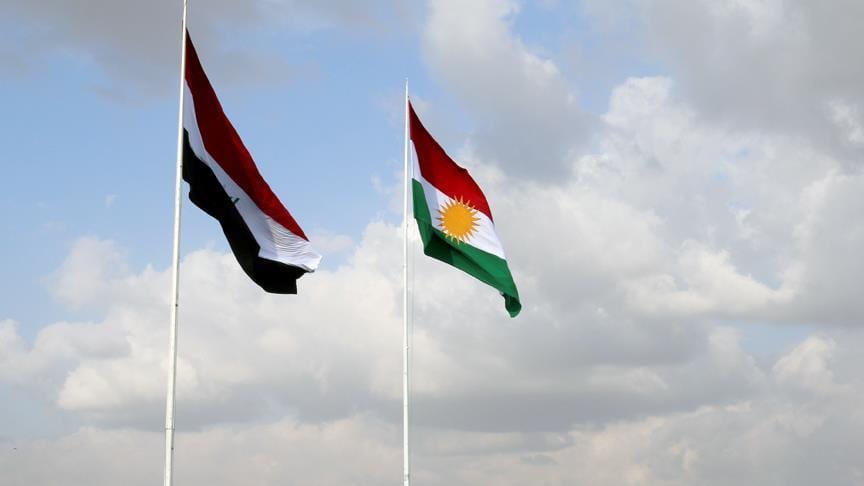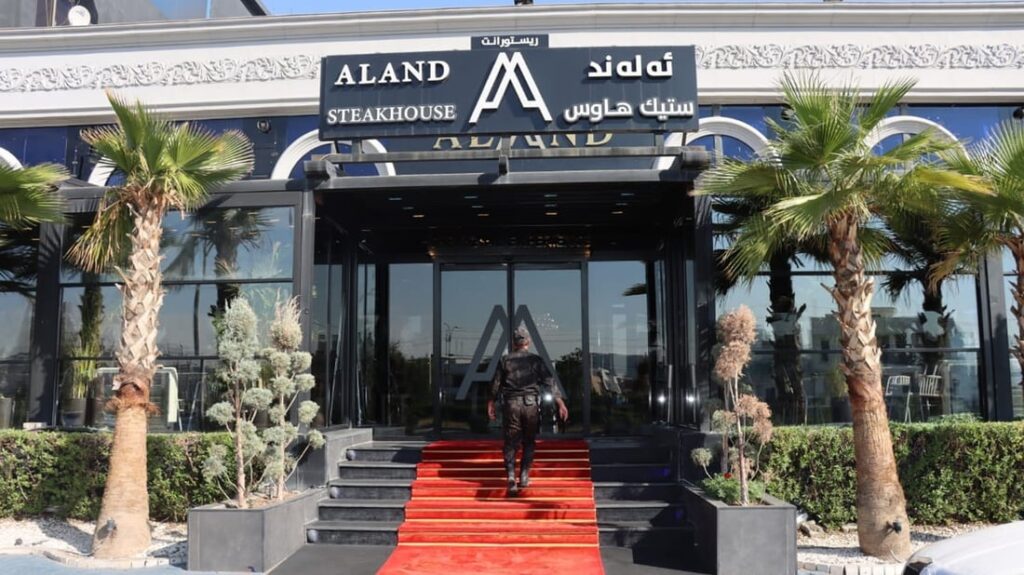Oil rises as Iraq signals deeper cuts

Brent was up 1.2 per cent in the opening session and was trading at $61.21 per barrel at midday in the UAE while West Texas Intermediate was up 1.5 per cent at $56.00 per barrel.
Opec+, as the alliance — which also includes non-member producing states led by Russia — is known, could deepen its cuts by an additional 400,000 barrels per day, Iraqi oil minister Thamir Ghadhban told reporters in Baghdad on Sunday.
“This figure has been discussed and reached between Opec ministers as a result of careful studies," he said.
“There are viewpoints for Opec+ to do further cuts, but not as big as 1.2 million bpd. Such cuts will lead to market stability, maintain shipments to consumers," added Mr Ghadhban.
Opec+ has been cutting back 1.2 million bpd since the beginning of the year with the pact expected to hold until March next year. Iraq has been shaken by two months of protests, leading to the resignation of prime minister Adel Abdul-Mahdi on Sunday.
The Iraqi government receives 90 per cent of its revenue from the sale of oil, with the country repeatedly violating the Opec+ pact as it boosted production. Opec's meeting this week also coincides with the end of the book-building exercise for Saudi Aramco's initial public offering. The state oil giant offered 1.5 per cent of the total shares of the company, with subscriptions for both retail and institutional investors topping 166 billion riyals (Dh162.57bn) at the end of last week.
Oil also gained as China's factory activity revived after seven months, with the purchasing managers’ index (PMI) expanding to 51.8 last month, beating analysts' expectations. The index expanded to 51.7 in October, with analysts expecting a decline to 51.4 in November. A reading above 50 indicates expansion, while those below the level indicate contraction.
Oil prices have largely remained tepid this year with the trade war between the US and China weighing heavily on prices. Prices have remained in the $60 range in spite of attacks on tankers transiting the Strait of Hormuz over the summer as well as an attack on Saudi Aramco's facilities in September, which temporarily wiped out 5 per cent of global supply.





